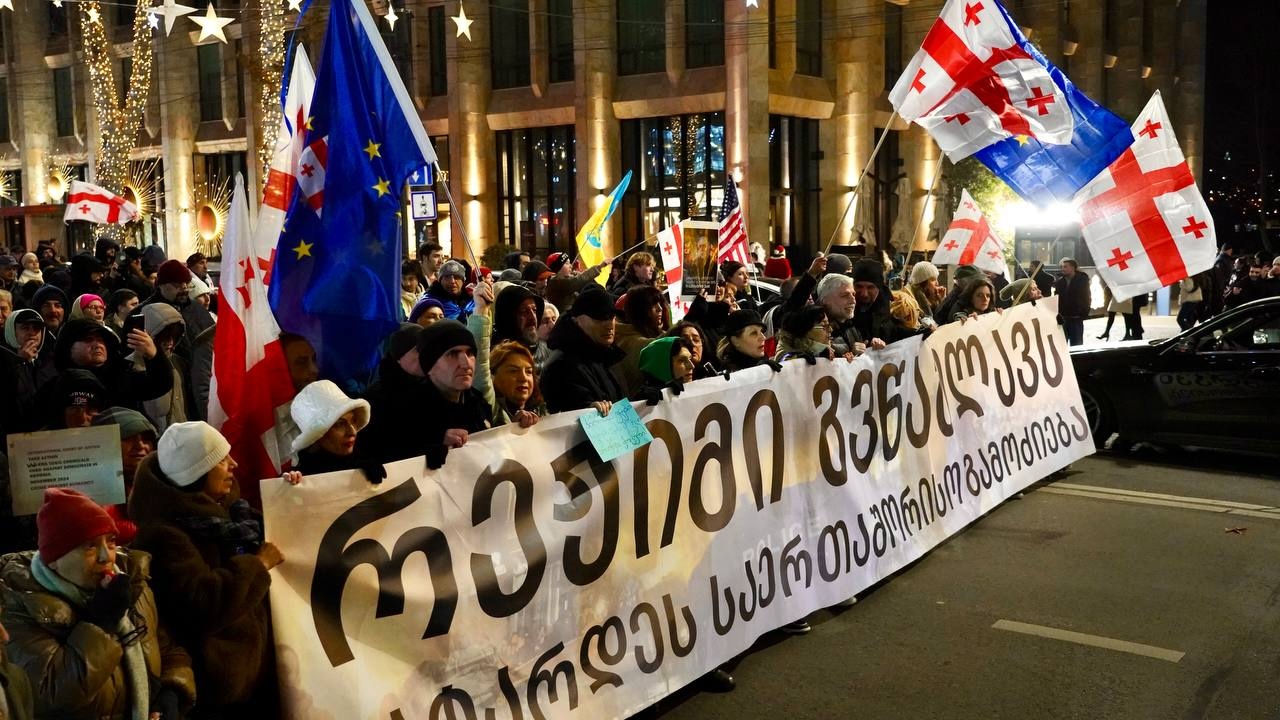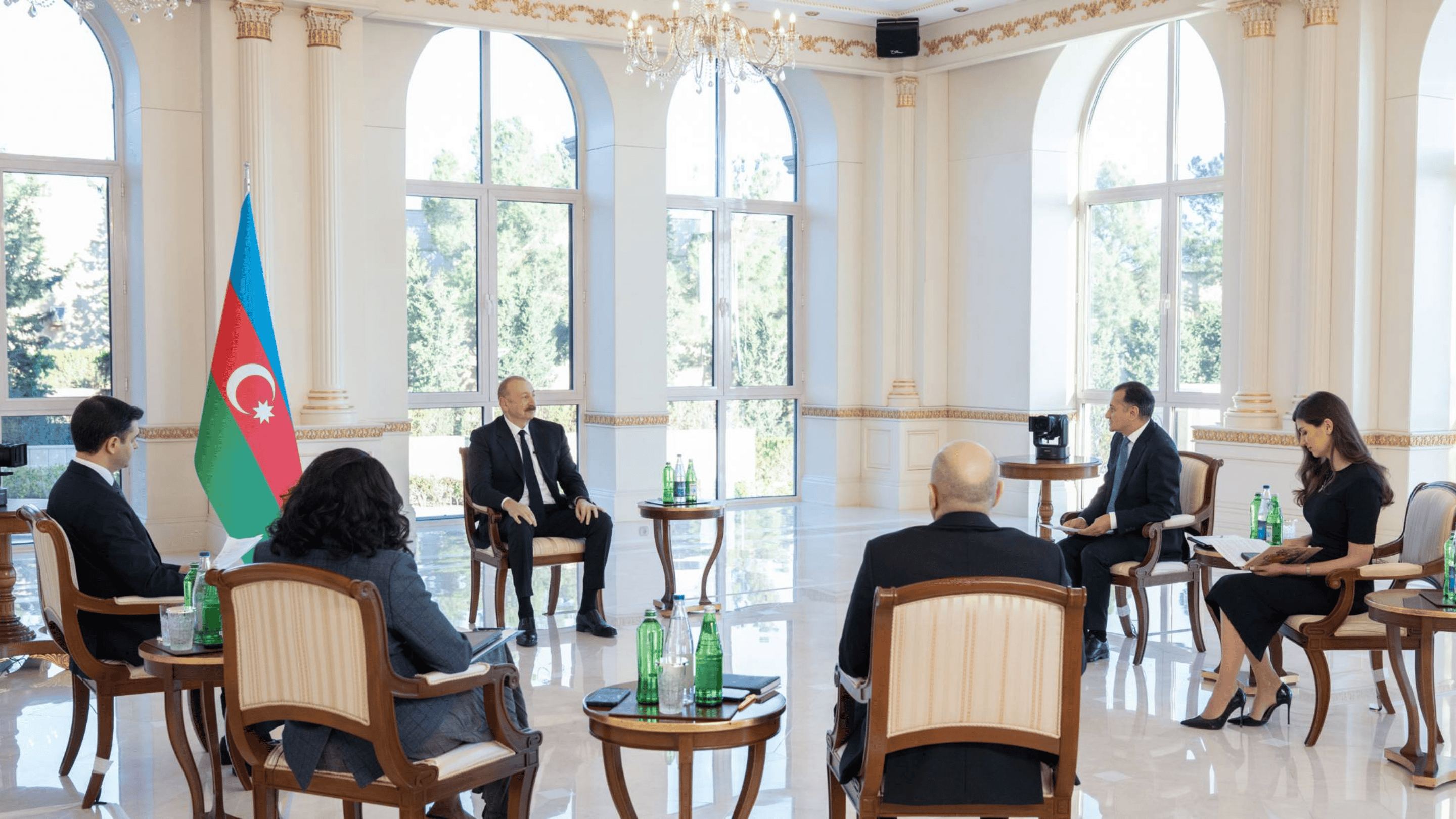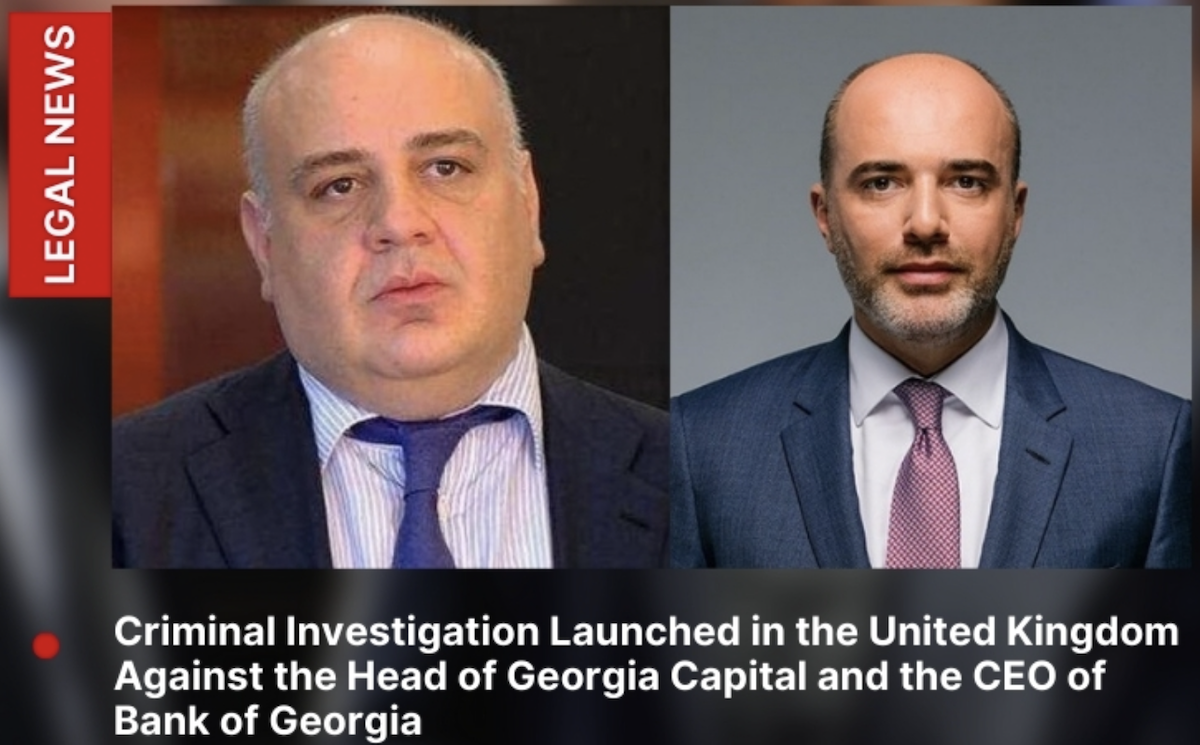Share














Most read

Confrontation between government and church continues in Armenia: Pashinyan on steps to remove Catholicos
Opinion: Yerevan should not be drawn into Baku and Ankara’s ‘virtual reality’
New laws coming into effect in Georgia from January 2026
Finland detains Azerbaijani man over alleged Russian steel transport, cable sabotage
'EU is no longer a global geopolitical player' -Georgian Dream parliament speaker

Pashinyan on Catholicos: 'Ex-president Serzh Sargsyan also didn't want to step down, but was forced to'
“Ivanishvili should be sanctioned” - hearings in the UK House of Commons
Georgian court upholds in absentia detention of opposition figure Giorgi Gakharia
What is known about the Georgian crew of the Russian-flagged ship seized by the US
Georgia in 2025: key developments and challenges










